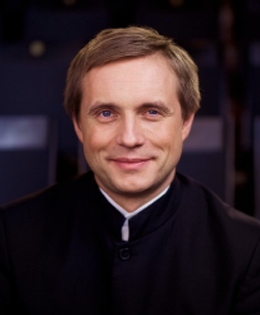19th PIANO COMPOSITION COMPETITION FIDELIO 2026 VIA THE INTERNET
| 11:35 (vor 3 Stunden) |
| |||
Dear friend, it's a pleasure to send you the following information:
19th PIANO COMPOSITION
(Divided in two categories)
No matter the distance, you participate at home!
Entering this competition is very simple, all you have to do is to record your own piano solo composition and send it via email to
You don't need to submit the score, just the audio file.
In this competition you are both competitor and judge, choosing the winner by voting at home for the best work. All the voting results are sent to you via email so that you can check both, the votes given and received by everyone.. During the voting process you also receive comments on your work or works written by the rest of the contestants.
Very important: The composition submitted cannot last more than four minutes. Only the entrants vote to choose the winners.
Money Prizes: Cash up to 2000 euros plus diploma certificate and cd's
Entry fee: 25 euros per one composition submitted. (maximum allowed per category: 5 compositions) 15 euros each submission for two or more compositions
THIS YEAR:
The results of the first, second, third, fourth, and semifinal round will be decided by the participants, on the other hand the results of the final round will be decided by the participants and also by an external jury of composers.
You can participate with your name or pseudonym. You must be the author of the composition submitted.
The competition is divided into two styles or categories so that you compete against works of similar style:
1.Tonal (any style is accepted) (maximum time accepted: 5'30")
2.Atonal (Contemporary style) (maxim time accepted: 5'30")
No matter the distance. This Competition is celebrated via the Internet. Pianists from more than 40 countries join this competition every year.
More than 1200 pianists have already entered this competition during the fourteen years that it has been held.
At the moment there is participation from the EE.UU, Spain, France, England, Germany, and Italy.
REGISTRATION TO PARTICIPATE IS OPEN. ENTRIES DEADLINE BEFORE STARTING TO VOTE:
January the 31st 2026
Click on the following link to register in case you are interested:
With best wishes
Antonio Ruiz
Director de Fidelio editorial y Concursos Fidelio











 Vasily
Petrenko (UK)
Vasily
Petrenko (UK)
 Sándor
Gyüdi
Sándor
Gyüdi  Thomas Sanderling (UK)
Thomas Sanderling (UK)
 Mark Kadin
Mark Kadin  Hermann Bäumer (DE)
Hermann Bäumer (DE)


